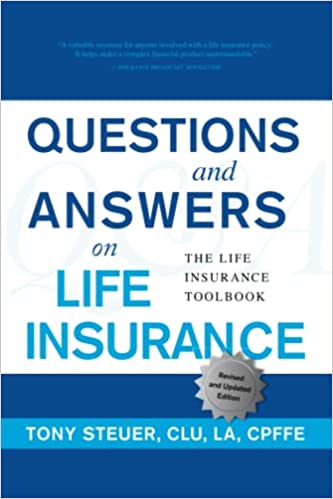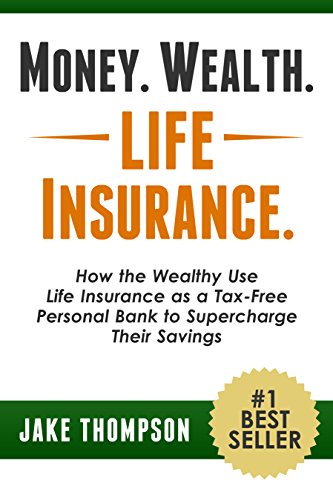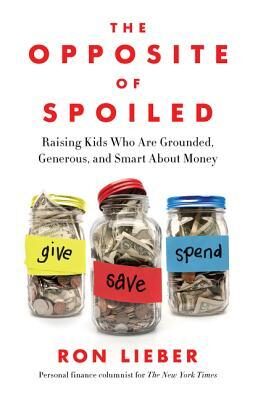Term Life Insurance v/s Whole Life
Introduction
Recent times have been difficult; millions of families have experienced significant losses over the past two years. There have been both monetary and human losses. The loss of a breadwinner puts the whole family in crisis. Even if there was some awareness of life insurance, these difficult times have served as a reminder of how crucial it is to protect a family’s financial future.
If you plan to buy a policy now, you must be well informed about various types and their benefits. Here are two types of Life Insurance- Term life and Whole life.
What is Term Life Insurance?
With term the insured person provides coverage for himself for a predetermined time. His
 family receives the death benefit if he passes away while the policy is still in effect.
family receives the death benefit if he passes away while the policy is still in effect.
Term life insurance is the most straightforward and most convenient kind of life insurance. Even though the premium is typically lower, a lot relies on your health. Your premium will be less if you are younger and more physically healthy.
Therefore, it is wise to buy term life insurance when young.
Suppose you outlive your policy term and coverage ends. In that case, either of the two things will happen: The policy will expire, and you won’t be covered anymore, or you can convert your Term Life insurance policy to a lifelong one. The term conversion is available on many term Life insurance policies. There are time frames within which you can apply for term conversion. Comparing term life insurance quotes is a good idea to check which policies have convenient time frames.
What is Whole Life Insurance?
Whole life insurance is a long-term form of protection. As long as you continue making premium payments, the insurance coverage is valid for the duration of your life.
In whole life insurance, two approaches are used to divide premiums. Your payment is split into two: one portion goes for the insurance component, and the other goes toward increasing your cash value over time. Once you’ve accumulated enough cash value, you can sell the policy for cash or borrow money against the account. This is a kind of investment.
You can utilize this building cash value to draw from or borrow against while you’re still living.
Let’s see Whole Life v/s Term Life Insurance.
Let us compare Whole Life and Term Life insurance on certain features:
| Parameter | Term Life Insurance | Whole Life Insurance |
| Length Of Policy | 10, 20, or 30 years for a specified period | Life Long, given you are paying the premium |
| Death Benefit | Beneficiaries will get the death benefit if you die while your policy is still active. You won’t get any death benefit if you die after your policy ends. | It provides cash value and death benefit to your beneficiaries. |
| Cash Value | No provision of cash value. | One portion of your payment goes towards increasing your cash value over time. |
| Cost of policy | The policy is cheap. | 15 times the term life policy |
| Cost of Premiums | After the coverage period, policyholders typically pay increased premiums to continue coverage. | Premiums never increase. |
| Objective | Security and peace of mind | financial security |
Pros and Cons of Term Life Insurance
Pros:
- It is simpler to understand.
- Term insurance policy is feasible for budget-conscious customers, provided its low-cost premiums.
- Since it is specific to a limited period, you can buy a term policy concerning the time slot you wish to be covered.
- Term Life insurance quotes provide useful comparisons between different term life policies. You can choose one depending on your unique term requirements. We can say the Term Life insurance policy is flexible.
Cons:
- It does not accrue any cash value; hence there are no added financial benefits.
- You will not receive any maturity amount at the end of the policy.
- Any medical complication will raise rates above their usual norm.
Pros and Cons of Whole Life Insurance

Pros:
- You pay the same premium every month without any changes.
- You can take a loan against your policy, which is tax-free.
- The payment is assured.
Cons:
- It is complex.
- If you cancel the insurance, there will be surrender fees.
- The cost of the premiums is rather expensive.
- Any outstanding loans will diminish the death benefit by the same amount.
- For instance, if you borrow $100,000 on a $200,000 policy, the death benefit will be reduced by $100,000.
Which is better?
Term life and whole life insurance are both excellent forms of coverage. One aspect that separates them is premium rates.
Consider an example:
A 30-year-old American male in California is looking for life insurance plans.
Tobacco consumption- Yes
Health status- Good
Coverage amount: $250k
Term life insurance policies estimation according to Fabric Life Insurance quote rates, are:
| Policy Period (years) | Premium rates(months) |
| 10 | $35.77 |
| 15 | $49.47 |
| 20 | $57.69 |
The whole life insurance estimation, according to Policygenius life insurance quotes for the same case, is
Premium cost: 213-271$ per month.
Both life insurance plans have benefits; knowing your financial objectives will help you choose the best option.
Conclusion
Consider your options before making a significant decision because life insurance is crucial to financial security. A financial advisor can help you make the best choice for your particular situation by understanding the role that both term and permanent insurance can play in your financial plan.
Young families can find life insurance policies at Fabric that will assist new parents in crossing things off of their “Parents’ must-Do-List” to protect their children’s future. Fabric provides valuable tools to aid families in making plans.
Visits: 23





